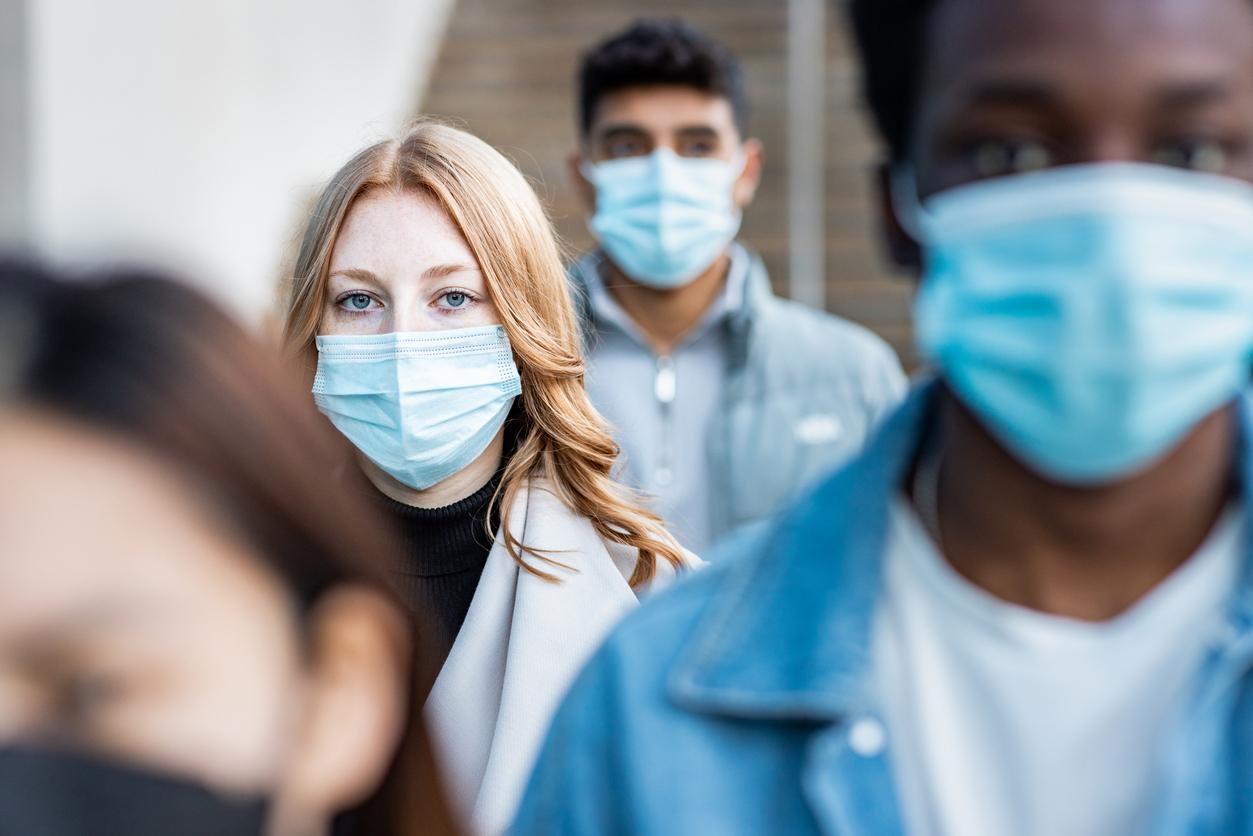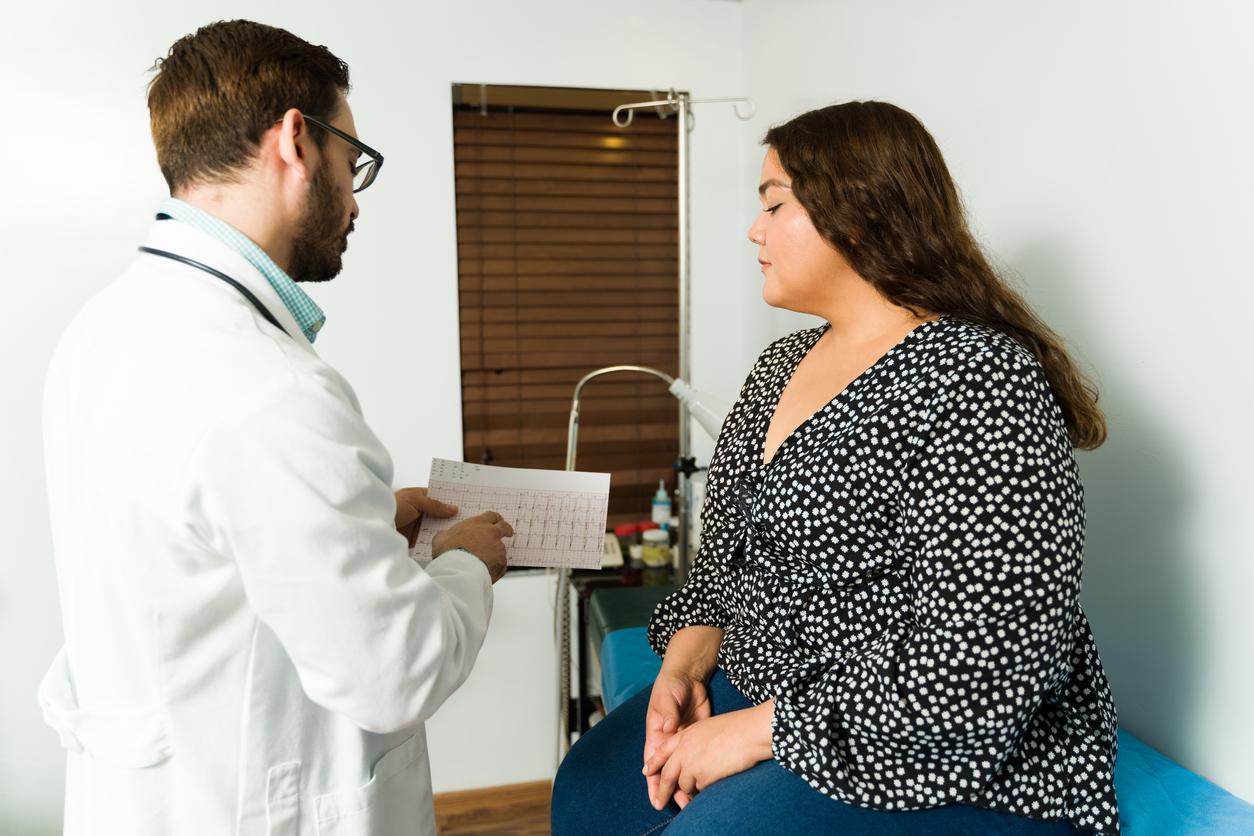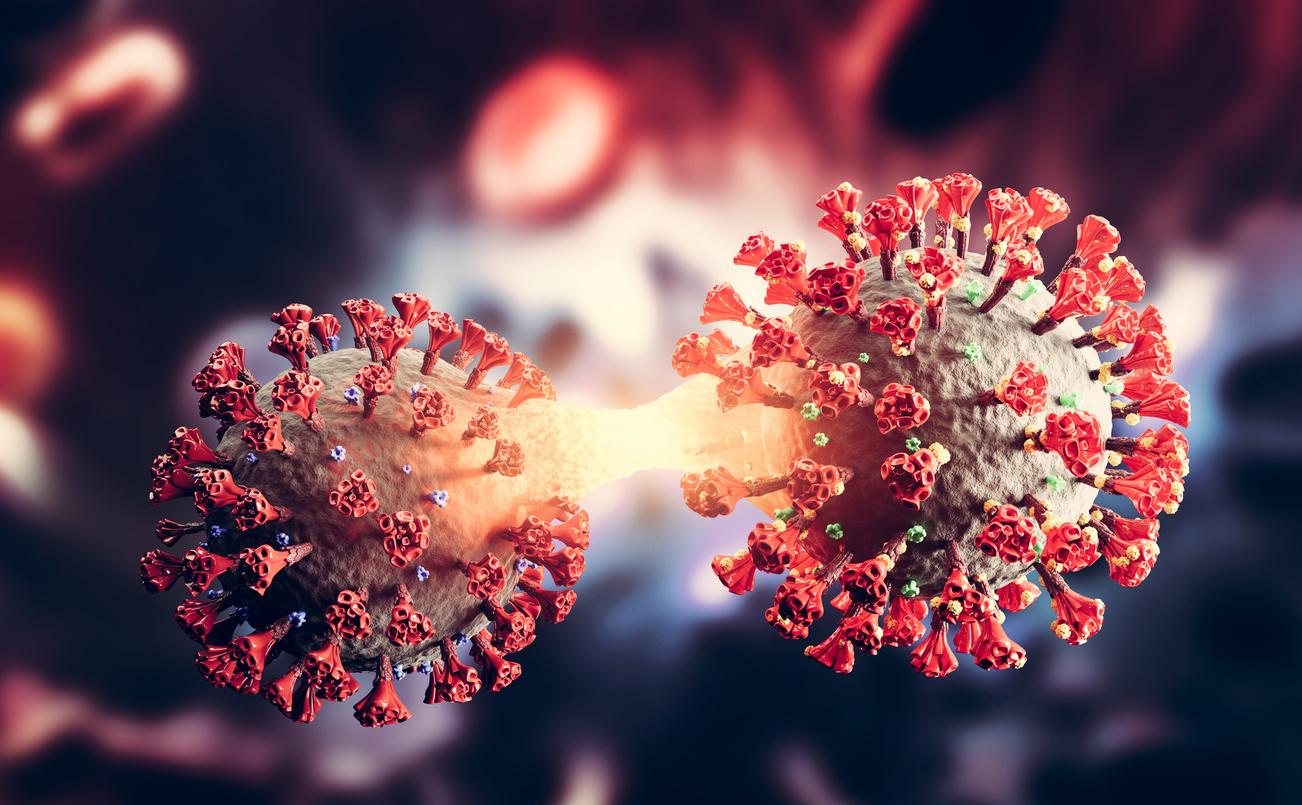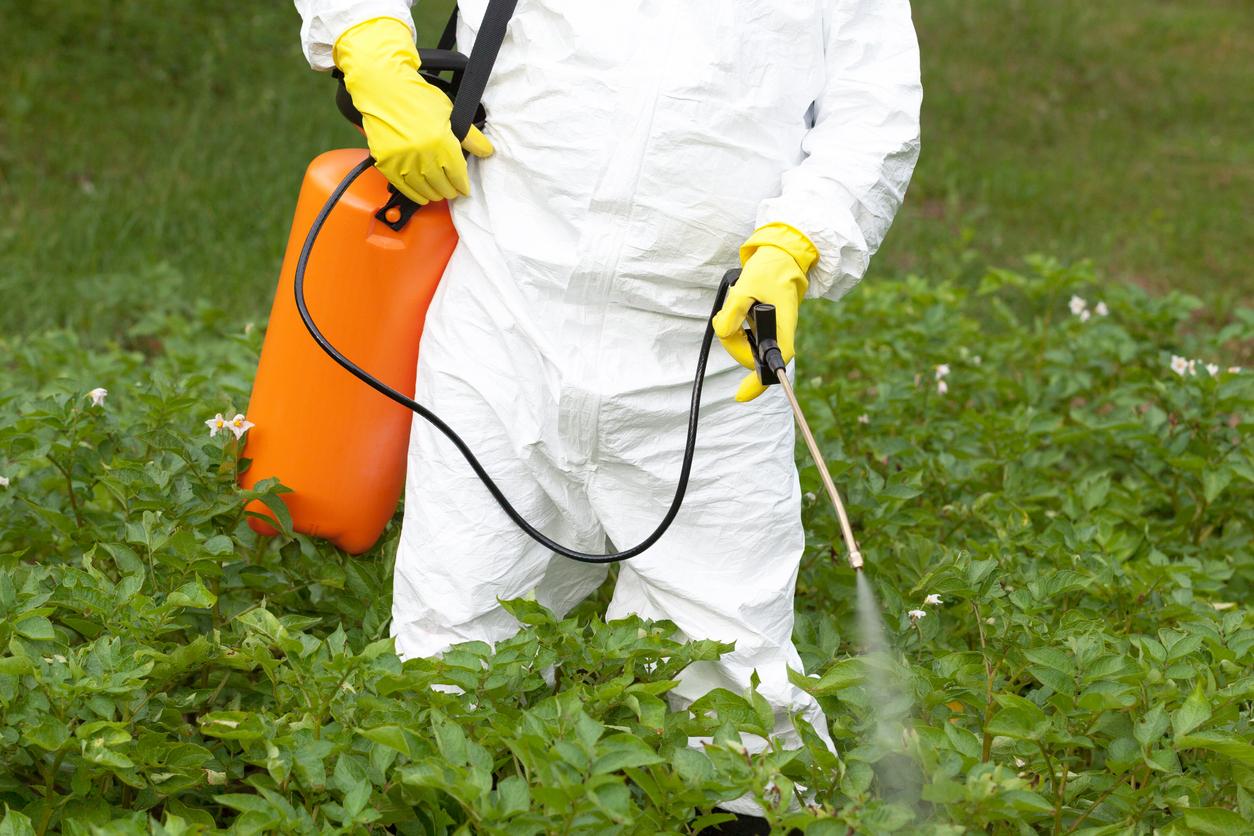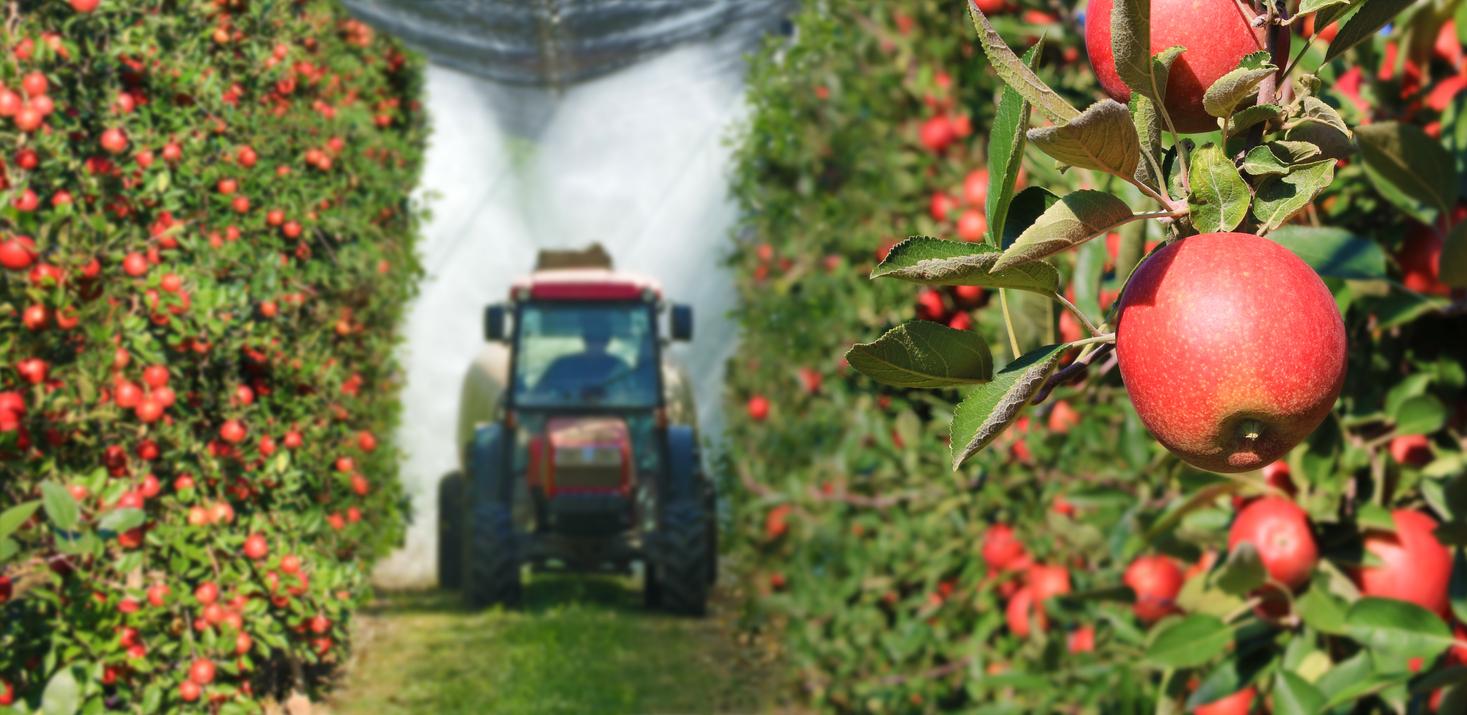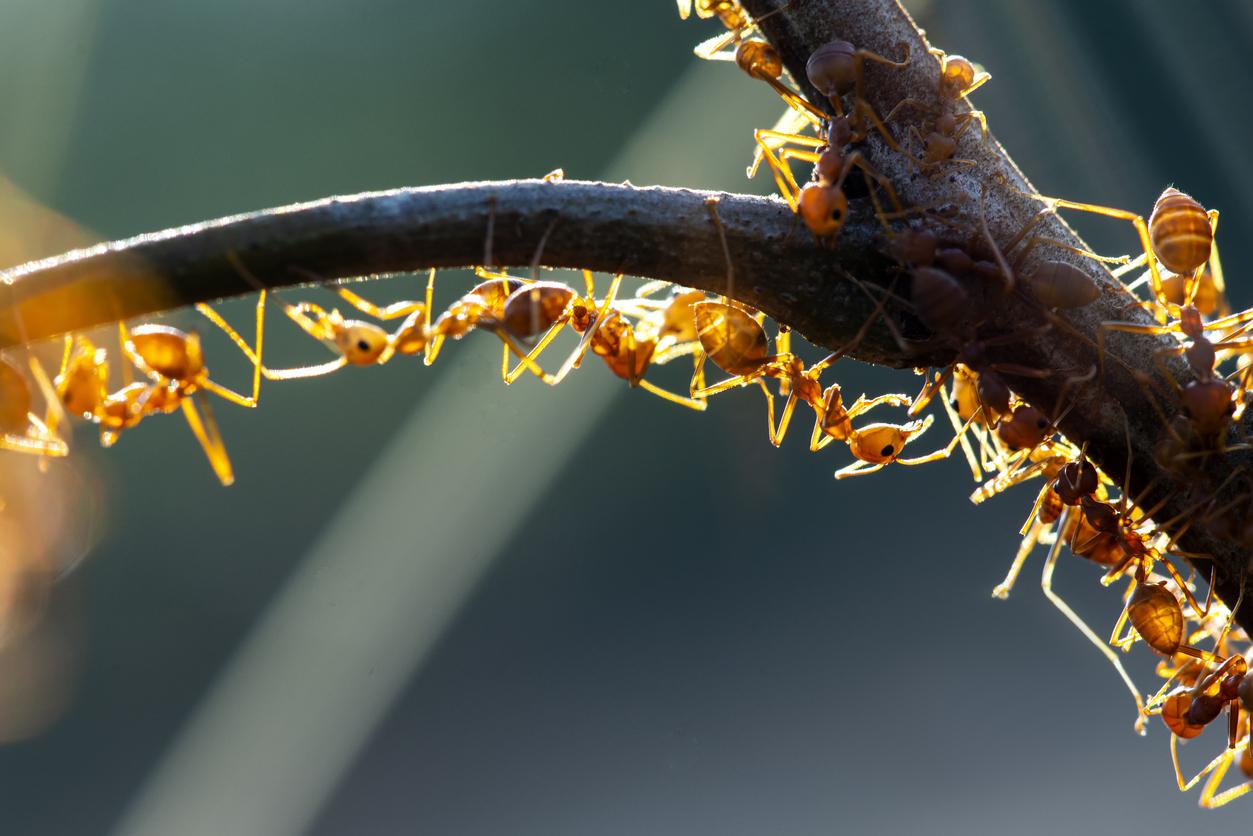It’s gone again for 18 months. The European Commissiondecided on Wednesday June 29, 2016 to grant a one-and-a-half-year reprieve to glyphosate, a controversial pesticide contained in particular in Monsanto’s Roundup. Its authorization for use expired today, Thursday, June 30, and the European Union had to make the decision to renew it or not since March 2016. After several postponements, the Brussels Commission announced in a press release that it had “decided to extend the authorization of glyphosate for a limited period, until the European Chemicals Agency publishes its opinion, no later than the end of 2017“. This expert opinion should help to settle this thorny question on which EU member states are divided. During the last votes, France spoke out against the use of this product.
Is glyphosate a probable carcinogen?
But opinions also diverge among scientists. On the one hand, the International Agency for Research on Cancer (IARC), dependent on the World Health Organization (WHO), has classified the glyphosate among probable carcinogens. On the other hand, theEuropean Food Authority (EFSA) said in November 2015 that it was “unlikely“that glyphosate can damage DNA or increase the risk of cancer. Pending the opinion of the European Chemicals Agency, the European Commission has decided to monitor the use of glyphosate, in particular by setting up a restriction before the harvest period in the fields and limiting its use in parks and public gardens.
>> To read also:
Towards a ban on certain herbicides?
Pesticides: is it safe to treat your plants?
What alternatives to pesticides?
Toxic substances in household products












